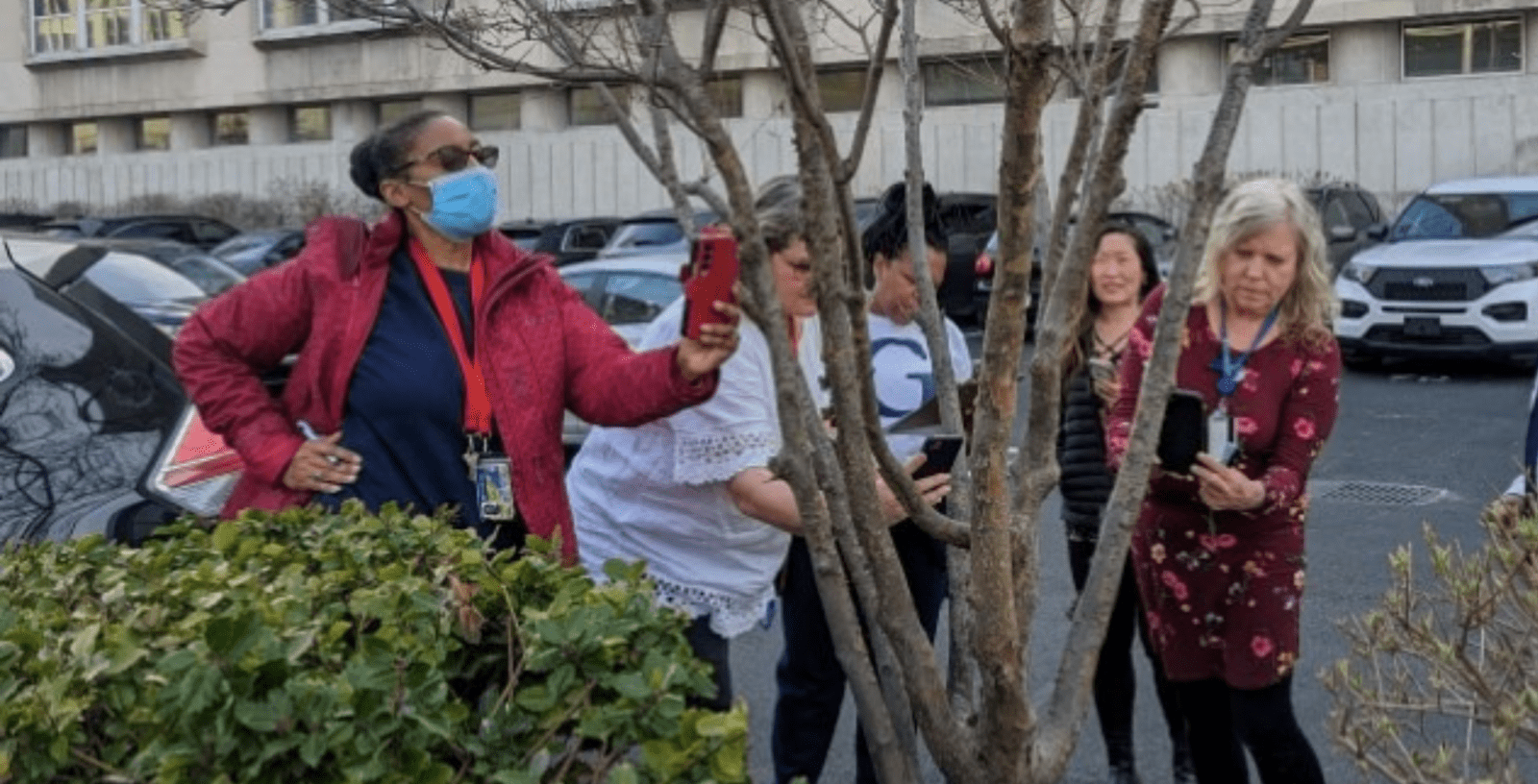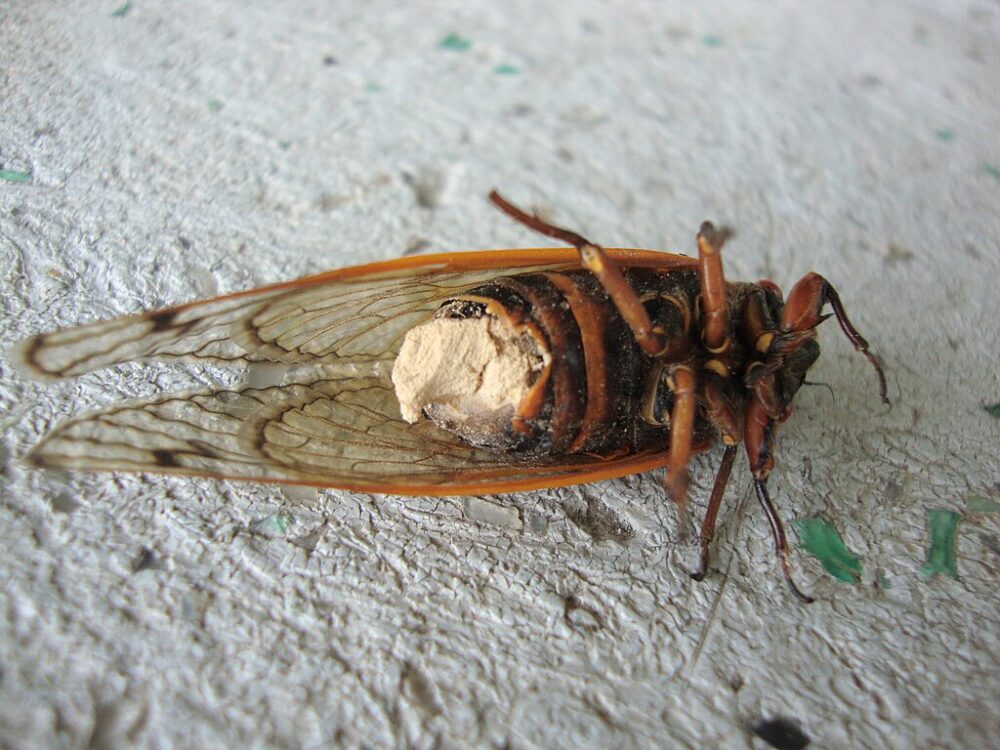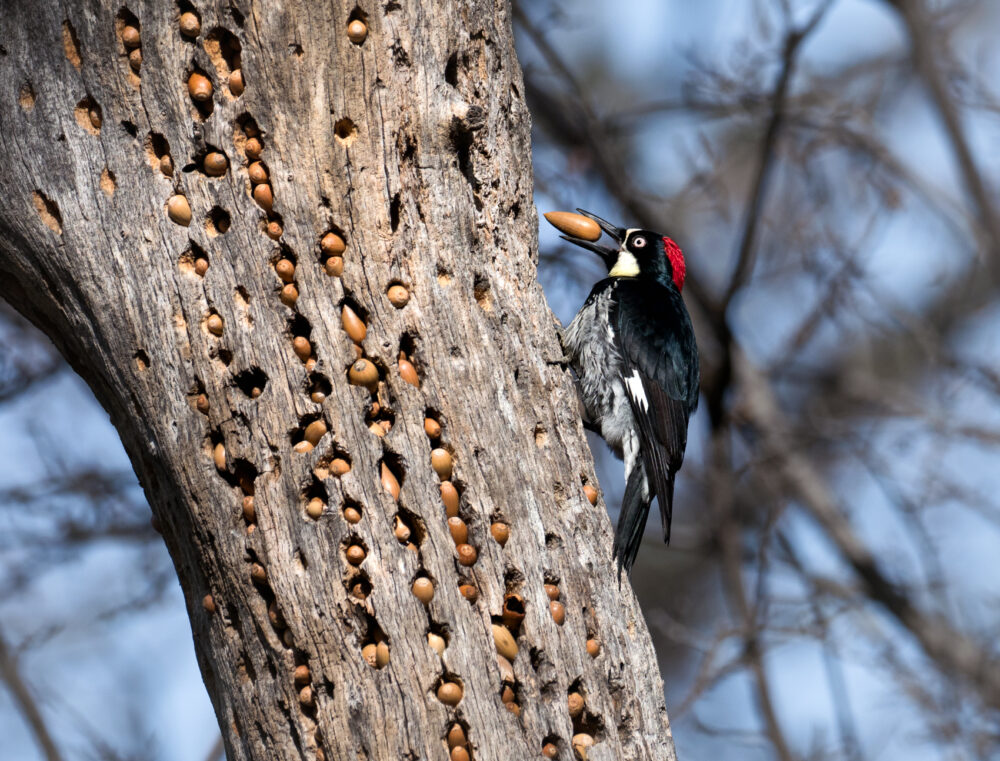We have much more to do and your continued support is needed now more than ever.
Teaching for Climate in Philadelphia Public Schools

The city of Philadelphia can claim many honors, accolades, and “firsts.” Philadelphia is the birthplace of the United States, home of the Liberty Bell, inventor of the cheesesteak, and the first city in the US to establish a botanical garden, library, hospital, and African-American church. But Philadelphia can also claim other, more ignominious titles: the poorest of the most populous cities in the US, and one of the most vulnerable to climate change.
National Wildlife Federation has partnered with the School District of Philadelphia (SDP) since 2018 to support teachers in addressing climate change and environmental injustice in their classrooms.
Together with partners Fairmount Waterworks, the Franklin Institute, and Arizona State University Sustainability Teachers’ Academies, NWF and SDP present the annual Teach4Climate program, a series of professional development workshops for educators who want to equip their students with the knowledge and resources to take action against climate change in their communities.
Creating a Green Future
Teach4Climate aligns closely with the School District of Philadelphia’s sustainability plan, GreenFutures. Launched in 2016, GreenFutures uses NWF’s Eco-Schools framework as a template for working towards sustainable school grounds, providing education for sustainability in the classroom, and empowering students to tackle sustainability action projects. Teach4Climate brings the GreenFutures plan to life, creating a community of educators working towards sustainable schools and climate-smart students.
With support from the Cedar Tree Foundation, NWF and partners offer the annual Teach4Climate Summer Institute, followed by professional development workshops throughout the year. The program introduces teachers to Philadelphia’s wealth of local resources and data on climate change and provides educators with the opportunity to strategize how to implement these tools in their classrooms with fellow teachers.
Workshops teach the actual science of climate change and sustainability, with deep dives on local impacts (like flooding and water quality) and solutions (like green infrastructure and mussels), presentations from local officials and experts, and lessons on tackling school-based sustainability projects through NWF’s Eco-Schools program. Workshop topics have included Mapping the Legacy of Structural Racism in Philadelphia, Tree Canopy in Philadelphia, Youth Perspectives on Fighting for Climate Action, and High-Heat Resource Mapping.
Teaching About Trees for Change
For the 2022-23 school year, the Teach4Climate program focused on trees in alignment with the City of Philadelphia’s recently released Philly Tree Plan. The plan identifies Eco-Schools as the city’s preferred environmental education program, encouraging educators to use the framework to implement tree projects on school property and urban forestry education in their classrooms.
Lindsey Walker, Senior Manager of Education and Community Conservation for NWF’s Mid-Atlantic Regional Center, presented a workshop on the Eco-Schools LEAF pathway, highlighting resources that could help teachers utilize the Philly Tree Plan as a teaching tool and opportunity for action projects.
Climate Change Classroom Resources
Surveys conducted before and after each training shed light on the program’s impact: a majority of participating educators said they planned to use NWF’s Climate Change resources and activities in their classroom, reported an increased understanding of the local impacts of climate change and confidence in teaching it in their classrooms.
One teacher reported excitement about the potential for cross-curricular connections: “I consider myself to be a creative curriculum teacher, but I would’ve never dreamed of thinking how analysis of paintings and sketches [in the Philadelphia Museum of Art] can support the study of climate change.”
Another participating teacher said, “This experience has changed my thoughts on climate change. I really feel the need to be the way to get the word out to my students.”





















